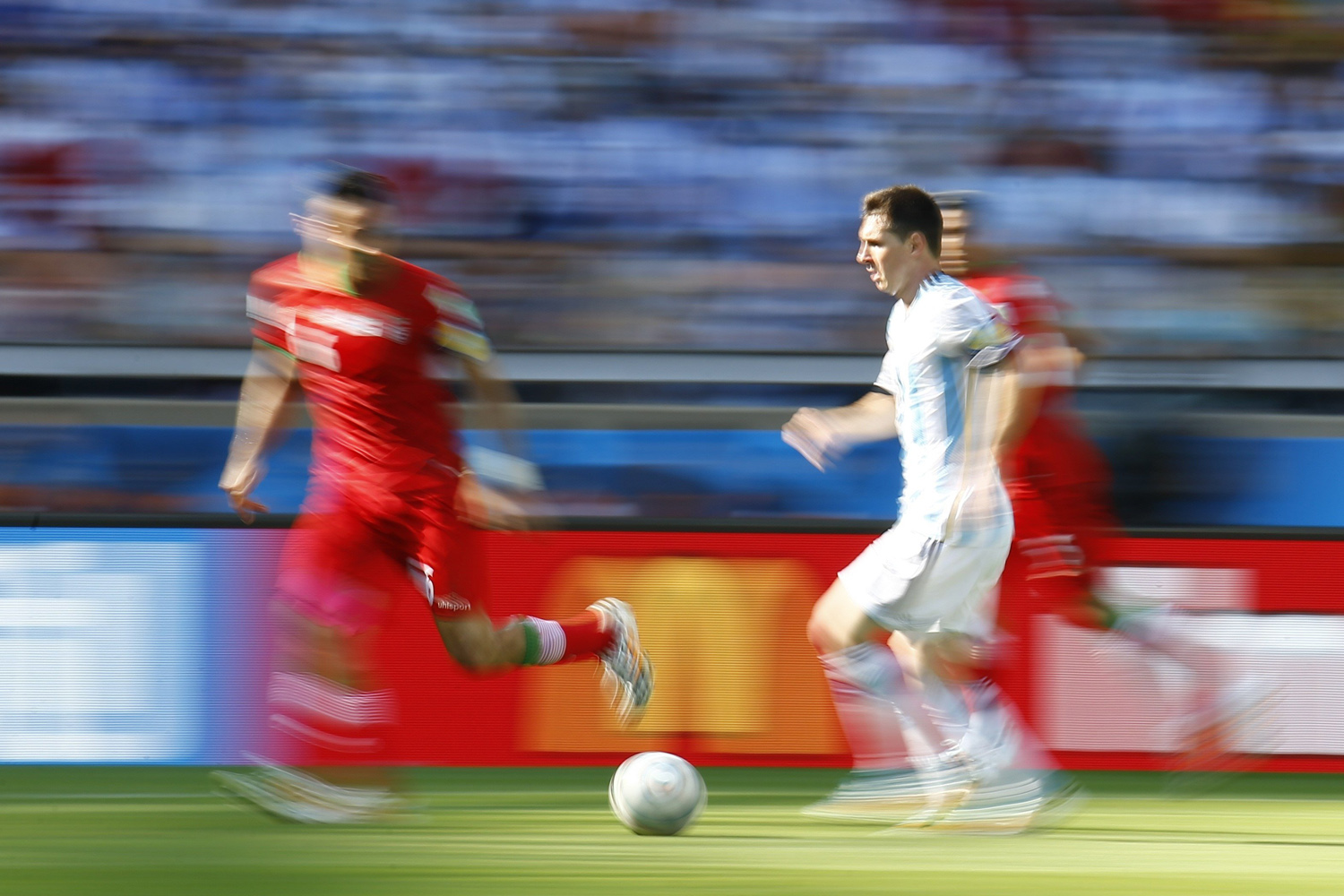
Referees will call for penalties when a football team commits an offence. The offense could include pass interference, a penalty for face masking, or a blocking in the back. In these situations, the kicker may have an additional chance to kick the ball.
Face masking penalty in football
A face-masking penalty in the NFL is considered a serious offence. This happens when a player pulls off or twists a mask while playing football. This can cause severe injury and may result in a serious penalty. Even though penalties for face-masking in football have increased in recent decades, it still constitutes a violation.
The penalty is considered a personal foul and can result in disqualification for the player who committed it. To remedy the situation, the offending player will receive a 15 yard penalty.
False start in football
False start penalties in football are when the offense attempts or tries to initiate play. The offense may have one player in motion when the play begins, but that player must not be moving toward the line of scrimmage. In some cases, a quarterback may signal certain players to move. Also, players must be in a certain position when snaps occur.

Offensive linemen are the most likely players to be called for a false start. Their position in the line makes them more susceptible to being hit by other defensive players. He is more susceptible to being hit by a defensive team member during the snap count.
Blocks in the back penalty of football
A football offense is called the block in back penalty. This is when a teammate blocks a defender's line of sight by moving his hands up his breastplate. Blocking in the back is an offense in all aspects of football, and it's not like a tackle. The penalty is a 15-yard loss.
Personal fouls are blocks in the rear. Contact must be made with the opponent from behind. It must also be below your waist. Some exceptions are when the player is trying to tackle runners or recover a ball.
Football penalizes defensive pass interference
A defensive pass interference penalty in football occurs when a defensive player makes contact with an opponent before the ball is thrown. This can happen by hooking or blocking the opponent's path. There are several methods for pass interference. Some examples include blocking an opponent from passing and grasping their arm.
This kind of play is a violation of the NFL, AFL, CFL, and CFL. High school football has a penalty of 15 yards. In these situations, a penalty for defensive pass interference can have a significant impact on the game's outcome.

Football: Offsides Penalty
An offsides penalty in football is when a defense player is out of the line-of-scrimmage. The defensive player may not realize that he is offsides because he is in the neutral zone. Sometimes, a quarterback might use a hard-count to get players in the neutral area. The flag is thrown for offsides. The play goes on. An offsides penalty is usually a 5-yard penalty.
The offsides punishment is used to punish defensive players who are trying to gain an advantage. However, the penalty is not always strictly enforced. For example, if a defender tries to make contact with an offensive player before the offense leaves their stance, they are penalized with an offsides penalty of five yards.
FAQ
What does a goalie do in soccer?
The goalies keep the ball out of the net for the opposing team. To stop the ball entering the net, goalies use their feet, hands and heads.
What is the role of a defender in soccer?
Defenders typically defend against attackers trying score goals. Defenders attempt to keep opposing players out of scoring positions by attacking them and blocking shots.
Can I play soccer without any special equipment?
Yes, it is possible to play without any special equipment. You just need a ball, field, and your teammates. You can create a team if you have friends who are interested in joining you.
Statistics
- Get 10% off your first purchase using code BLOG. (technefutbol.com)
- The word "soccer" is a British invention that British people stopped using only about 30 years ago, according to a new paper by University of Michigan professor Stefan Szymanski. (businessinsider.com)
- They are not just good at dribbling because they are talented alone, but because they put in 100% effort during every practice. (coachtube.com)
- At the 2018 FIFA World Cup, Belgium playmaker Eden Hazard, renowned for being difficult to dispossess, set a World Cup record for successful dribbles completed in any World Cup game since 1966, with a 100% success rate in ten dribbles against Brazil.[10] (en.wikipedia.org)
- The Laws of the Game do not specify any player positions other than goalkeeper, [74] These positions are further subdivided according to the area of the field in which the player spends the most time. (en.wikipedia.org)
External Links
How To
How to play soccer
Playing Soccer requires you to have good skills such as dribbling, passing, shooting, heading, tackling, etc. These skills should be improved. You should practice them daily. Follow these steps to learn how you can play soccer well.
-
Practice dribbling. Do some practice on the field. You should practice dribbling in 5 minute bursts. Once you feel comfortable with your dribbling skills, you can increase the duration to 10 mins. Continue practicing this technique every day.
-
Practice passing. Practice passing the balls in front of and behind your eyes. Be sure to pass the ball correctly and only to the person who has space. Do not throw long passes. It's best to pass the ball directly to the person who needs it. This will help you save energy as well as keep your body warm.
-
Practice heading. You must be able to accurately place the ball into the net when heading. Before you can achieve this goal, it is important to practice getting in the right position. Face the target and stand next to the goal line. Next, bend forward and place the ball under you chin. Next, raise your head up and look towards the top left corner of the net. Your eyes should be looking straight ahead. Then, get up and release the ball.
-
Try to tackle. Tackling is a difficult skill to master. When you get it down, however, it can make football much more entertaining. To begin, you should tackle with your chest and shoulders. Do not go too low. Remember to keep your arms straight and your legs together. It is better to tackle in smaller groups of two people. One player serves as the defender, while the other acts as an attacker. As soon as the attacker gets past the defender, they must immediately tackle him.
-
Practice shooting. Shooting is a difficult skill that takes practice. You will need to find a spot that you can shoot comfortably from. Near the goal. Focus on your form. Hold the ball between your hands, keeping it away from your body. Your knees should be bent and your feet should point upwards. Shoot the ball by making a circular movement with your wrist. Make sure to aim for the corner in the bottom left of the goal.
-
Get into running. Running is another skill that takes some time to perfect. Begin slowly, then increase speed. Running should never be used as a means of attacking because it will tire out your muscles. Instead, move towards the goal with your team to assist them.
-
Practice kicking. Kicking can be one of most difficult skills to master but also one that is the easiest. To kick accurately, you must strengthen your core and legs. Now, put your feet together. Lift one leg at the time. Slowly kick the ball towards your net with only your heels.
-
Do it again. This is probably the most essential skill needed to become a great player. Dribbling lets you control the pace of play. It is essential to control the pace of the game. Without it, your opponent would be able to catch up with you and even surpass you. Consistency and consistency are the keys to mastering dribbling. Do not alter your style of dribbling each day. Stay true to your strengths.
-
Free kicks are available for practice. Free kicks are often given after a foul is committed or when the goalkeeper makes mistakes. You can score goals with free kicks without needing to play the whole match. It is a good idea to aim for the corner of the goal. Remember to always use your instep and not your heel.
-
Practice defending. Positioning is the key to defense. Keep your distance from the opponent's player when playing defense. You can block the opponent's path to prevent him scoring if he gets the ball. Always watch out for your teammate's safety.